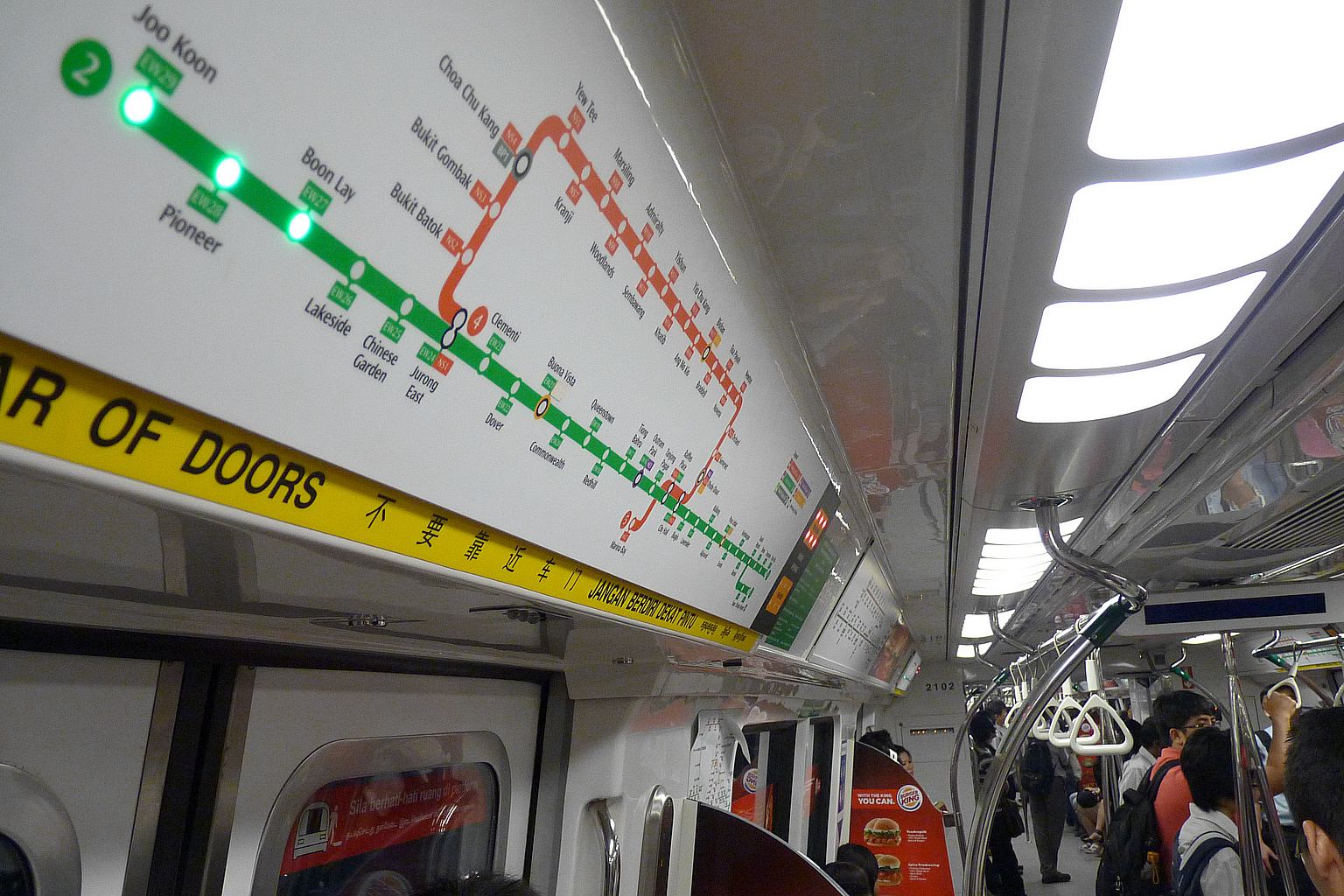The costs of owning a car in Singapore are the highest in the world because of COEs or Certificates of Entitlement. To buy a motor vehicle, including motorcycles, taxis, buses and goods vehicles, one must first bid for a COE.
The COE bidding system is the means by which the state seeks to control vehicle population and the ERP system is for controlling traffic flow. Looking at the congested roads everyday even on ERP roads, many have come to see both COEs and ERPs as revenue churners rather than truly effective vehicular control mechanisms.
Any good policy to control vehicle population and traffic flow must be equitable both in principle and in implementation. The COE works on a bidding system that has led to spiraling COE prices. Bidders include car dealers who drive up the bids in order to clear their stocks. High COE prices increase the costs of transport and lead to higher inflation, which in turn contributes to high costs of living. The ERP charges, which are now collected at all expressways and major roads leading into and out of the central business district, have exacerbated the situation and adversely affected businesses during the ERP operating hours. Orchard Road, for instance, sees motorists paying to drive in and drive out even on Saturdays.
It is time to review the roles of the COE and ERP systems, especially when our MRT system has become more unreliable. There is a social injustice in a situation where people are left with a Hodson's choice - forking out huge sums of money to have one's own means of transport or taking public transport which are hard to get on or often disrupted.
Until a better system is devised, the current systems can be improved upon to be more equitable. Instead of being conducted monthly, COE biddings can be carried out quarterly and the COE premium should be fixed for every quarter. This fixed quarterly COE premium will provide some certainty for prospective buyers working on their budgets and to plan their expenditure accordingly.
Only car buyers should be allowed to bid for COEs and they should pay for what they bid subject to a non-transfer-ability period to prevent profiteering. The there could be a restriction on number of times that a person may bid within a fixed period so as to allow others a chance to bid, COEs should also last longer instead of the current 10 year period as cars are made to last much longer. This is also more ecologically friendly and helps reduce wastage of limited resources.
Motorcycles, or at least those of lower capacities, should be exempted from the COE system. They are the means of transport for many dispatch riders and lower income workers. Taxis and buses, which are a means of public transport, should also be considered for exemption from the COE system. Commercial vehicles should also be considered for exemption in the interest of lowering transport costs for businesses, thereby reducing the prices of goods and services.
ERPs should operate only on major roads leading into the central business districts and only during the peak office hours. Saturdays should be free from ERP and the collection of ERP for vehicles leaving Orchard Road should stop. Whilst there may be a case to collect an administrative fee non-payment of ERP charges and a penalty for further default despite reminders, inadequate payment due to insufficient stored value in cash cards should not attract any such fees or penalty. The ERP system should deduct whatever is available in the card and allow the motorist to pay the shortfall within a prescribed period.
Traffic congestion can be substantially reduced construction works are not carried out so intensively. Heavy trucks and construction vehicles add to the traffic volume and and certain arterial roads could be designated off-limits to construction vehicles during peak hours. More traffic policeman should be deployed on patrols and traffic lights could be better synchronized to smoothen traffic flow.
State policies should be imbued with pro-people sensitivities to promote trust and respect for the systems that are suppose to operate for their benefit. We can certainly do more in this respect.





